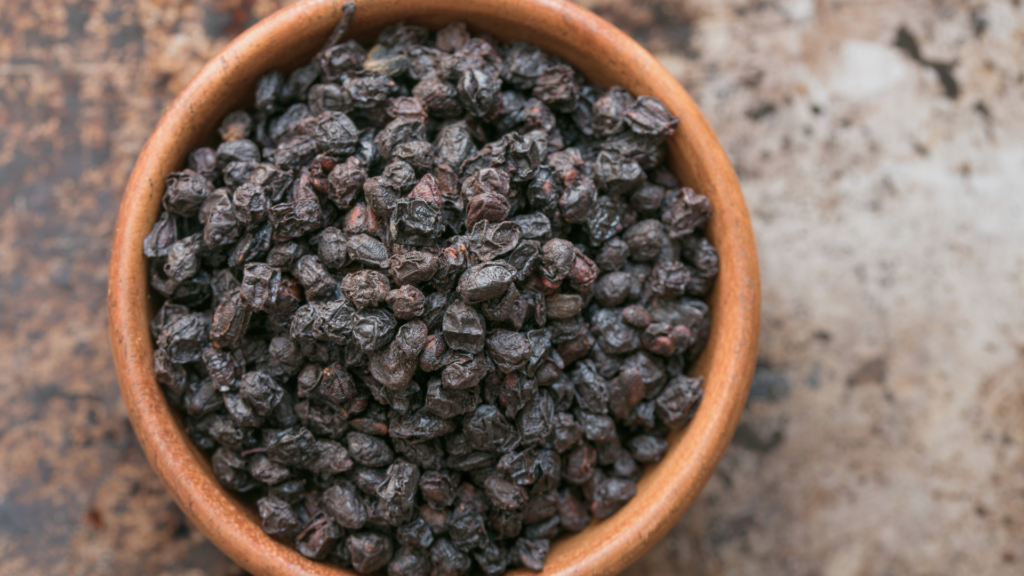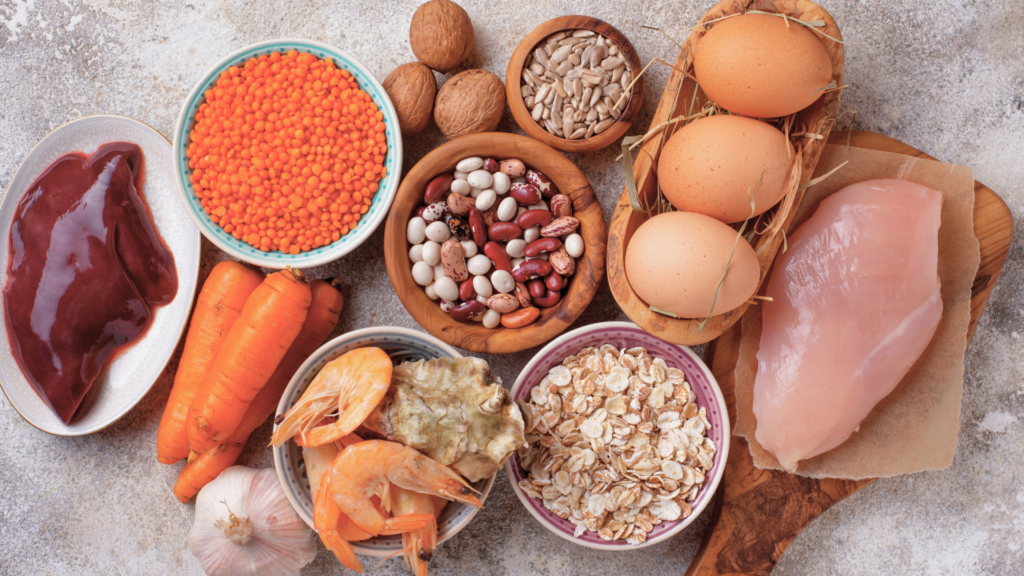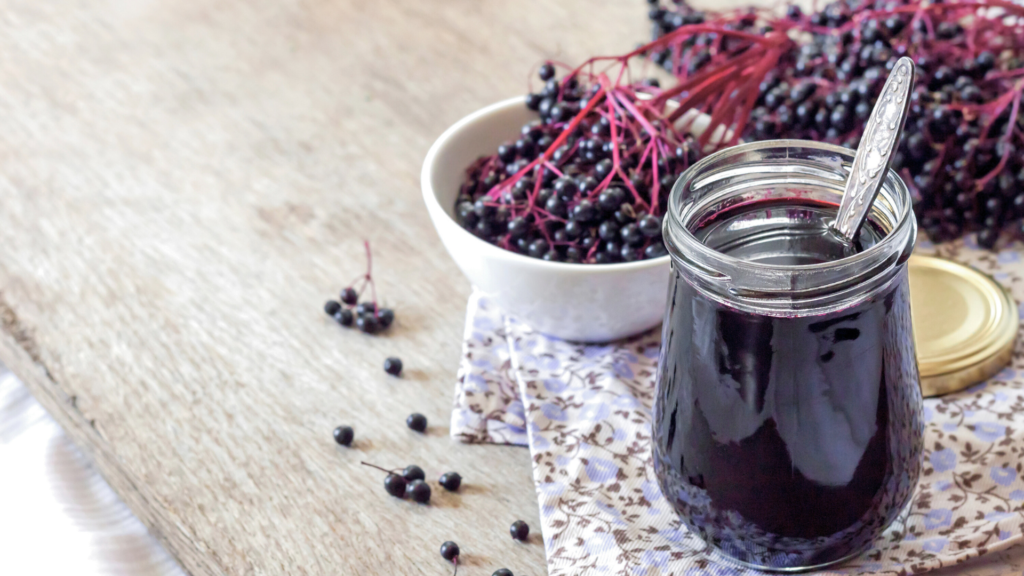When it comes to supporting the immune system, many people focus on traditional medicine or vaccines, but did you know that certain herbs and nutrients can also play a significant role in enhancing your immune response? While these natural options are not magic cures, they can provide valuable support, particularly when you’re feeling under the weather. Here’s a closer look at some of the most well-known and researched immune-boosting herbs and nutrients.
1️⃣ Elderberry: A Traditional Remedy for Cold and Flu?

Elderberry has long been used in folk medicine to treat colds, flu, and other respiratory infections. While the research on elderberry’s ability to prevent illness is mixed, studies suggest it might help reduce the severity or duration of cold and flu symptoms. One study found that elderberry extract significantly reduced the duration of the flu by about four days when taken at the onset of symptoms (PMID 33827515). However, it’s important to note that elderberry is not a cure and is unlikely to prevent you from getting sick in the first place.
Elderberry can be consumed in several forms, including syrup, capsules, or lozenges. Whether in liquid concentrate or a convenient capsule form, it may offer a natural boost when you feel those early signs of illness creeping in.
2️⃣ Vitamin C: Is it Still Worth the Hype?

Vitamin C is probably one of the most famous nutrients associated with immune health. Over the years, it’s been touted as the go-to supplement for preventing and shortening the common cold. However, despite the ongoing debate, recent studies have offered more concrete answers about its effectiveness.
A 2023 meta-analysis found that, compared to a placebo, vitamin C could reduce the severity of a cold by about 15% (PMID 38082300). While vitamin C might not shorten mild cold symptoms, it does appear to be beneficial in lessening the impact of more severe colds. To experience these benefits, the study found that a dose of at least 1 gram per day is recommended, particularly for individuals who are otherwise healthy.
For those looking to boost their immune system, vitamin C is available in various forms, including chewable tablets, powders, and liquids. While it’s often best to get your vitamin C from food sources like citrus fruits, bell peppers, and leafy greens, supplementation can help fill in the gaps, especially during cold and flu season.
3️⃣ Zinc: A Mineral with Mixed Results

Zinc is another nutrient commonly associated with immune function, but its effectiveness remains a subject of much debate. A comprehensive 2024 review of 34 studies on zinc found mixed results when it came to preventing colds. However, it did conclude that zinc may help reduce the duration of a cold once you’re already sick (PMID 38719213).
The review indicated that while zinc supplements may not be able to stop you from getting sick, they could play a role in speeding up recovery and easing symptoms. Zinc lozenges or pills are popular choices for supplementation, with some people swearing by them for reducing the severity of cold symptoms. However, like other supplements, zinc is most effective when used in conjunction with other immune-boosting strategies and not relied upon as a sole remedy.
The Big Picture: Can Supplements Replace a Healthy Lifestyle?
While herbs and nutrients like elderberry, vitamin C, and zinc may offer immune system support, it’s important to remember that there is no single “magic pill” when it comes to immune health. Our immune systems are complex and influenced by a variety of factors, including stress levels, diet, sleep, and physical activity. Supplements should be viewed as part of a larger strategy for overall well-being rather than a quick fix.
The key to supporting your immune system lies in maintaining a healthy lifestyle, which includes getting enough sleep, managing stress, eating a balanced diet rich in fruits and vegetables, and staying active. Supplements like elderberry, vitamin C, and zinc can complement these habits, but they should not replace good nutrition and lifestyle choices.
While you can’t expect any one herb or nutrient to cure illness overnight, certain supplements may help provide the extra support your body needs when you’re feeling run down. Elderberry, vitamin C, and zinc have all been shown to reduce the severity or duration of illness, though they work best when part of a holistic approach to health.
Next time you feel a cold coming on, consider keeping these immune-boosting options in your arsenal, but always remember that prevention through a healthy lifestyle is your best defense.
Book a call today to start your Journey to a more vital and healthier you!







